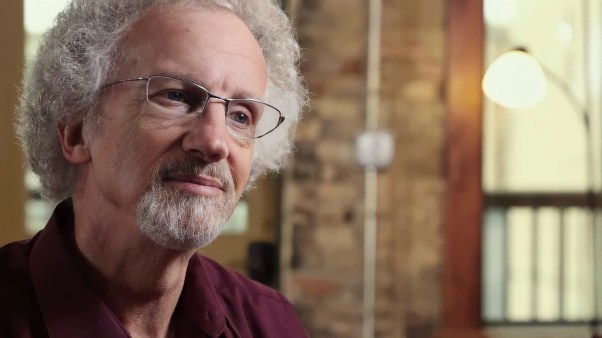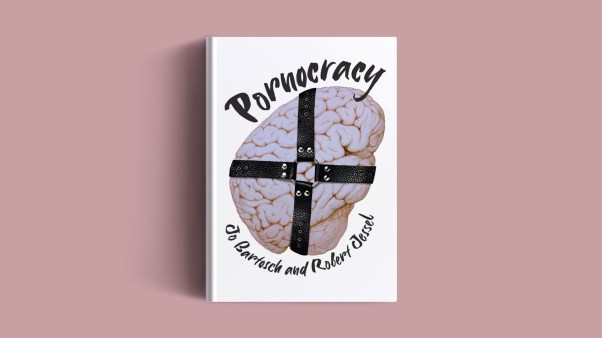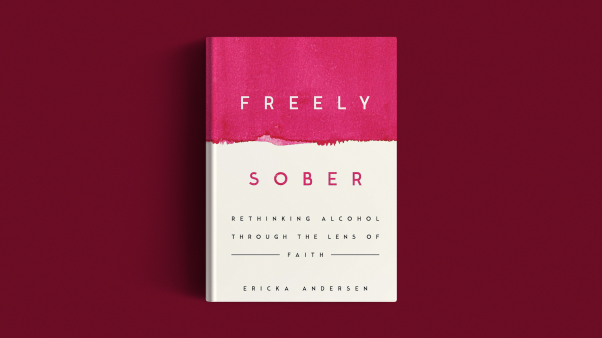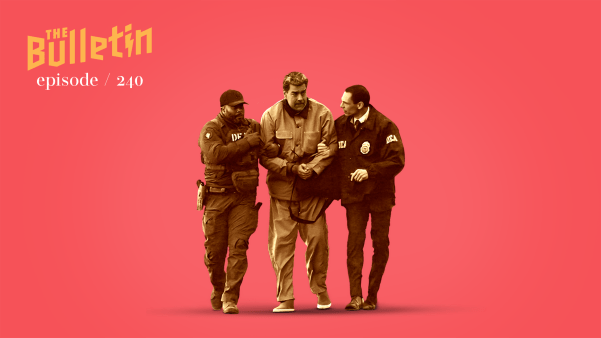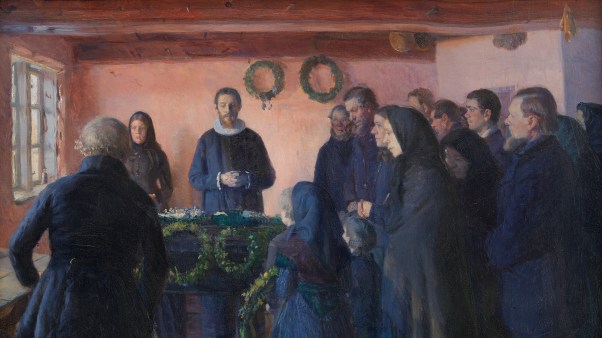The pastor of a Tulsa, Oklahoma, megachurch says his failed mayoral bid has not diminished his appetite for local politics. Carlton Pearson, founding pastor of the 3,500-member Higher Dimensions Family Church, was defeated in the February Republican primary.
Pearson, 49, came in third behind Bill LaFortune and Terry Simonson. LaFortune became mayor April 1.
Pearson, a well-known televangelist and recording artist, was aiming to become the first African American mayor of the city of 381,000. Pearson cited several reasons for his loss—including late entry into the race and lack of local name recognition. But he told Christianity Today that a significant factor was his theology.
“Some of my Christian brethren were uncomfortable with me running because I’ve been accused of [promoting] an erroneous doctrine, which I call the gospel of inclusion,” Pearson told CT. On a link to his church Website, Pearson says the doctrine “maintains that Christ’s crucifixion and death on Calvary accomplished its purpose of reconciling all mankind to God. … The message man needs to hear, then, is not that he simply has a suggested opportunity for salvation, but that through Christ he has, in fact, already been redeemed to God and that he may enjoy the blessings that are already his through Christ.”
Criticism overshadows campaign
Pearson has taught the doctrine to his congregation for about four years. Some Christian leaders believe the teaching is too similar to universalism, a heresy that says all individuals will be saved. Several prominent charismatic televangelists—including John Hagee, Marilyn Hickey and Pearson’s mentor, Oral Roberts—have confronted him about the teaching. In time, public criticism overshadowed Pearson’s political campaign.
Pearson says that two years ago he resigned from Oral Roberts University’s board of regents to prevent the board from facing “suspicion by implication.” Megachurch pastor T. D. Jakes and Church of God in Christ bishops Gilbert Patterson and Charles Blake spoke against Pearson’s teaching after Pearson publicly said the three leaders were “not bothered by this [teaching].”
Jon Ruthven, professor of systematic theology at Regent University in Virginia Beach, Virginia, notes that Pentecostals typically reject universalism. “The mainline Pentecostal denominations [have] a very clear-cut, definite commitment toward eternal judgment,” Ruthven says. “They all take the same position, that people are saved on the basis of their faith, which is a response to the grace of God—and that the response is the critical distinction between the saved and the unsaved.”
“Pentecostalism, being a missionary movement, has always dramatized the state of the lost,” says Frank Macchia, editor of Pneuma: The Journal for the Society for Pentecostal Studies. “So the idea, ‘Well, everybody’s saved anyway, so let’s just go tell them about it so they can celebrate it,’ has never really fit the sense of urgency for mission that Pentecostals have always cherished. So I think for that reason, Pearson will always sort of walk to the beat of a different drum within the Pentecostal movement.”
Republican connections
“Tulsans were not sure and still are not sure about whether Carlton Pearson has gone off the deep end,” Pearson says. Some local pastors spoke against him publicly, he says. “I think it reflected in voter turnout and voter support.” Timothy Brooker, professor of government at Oral Roberts University, agrees that Pearson’s natural constituency rejected him because of his beliefs. “He was a bit of a lightning rod doctrinally, and the political issues seemed to get lost behind the doctrinal issues,” Brooker says. “I don’t think Carlton ever got to flesh out a platform, because he never got past the doctrinal questions. In one sense, I think the outcome of the election was more a referendum on people’s perspectives on doctrine than on politics.” Brooker pointed out that the charismatic community largely backed LaFortune, a Roman Catholic.
In recent years Pearson has encouraged African Americans to consider voting for Republican candidates. He was among a group of ministers who prayed with Texas Gov. George W. Bush before the 2000 U.S. presidential campaign. Brooker says Pearson’s decision to run on the Republican ticket, though principled, was a “fatal error” from a political standpoint.
Although he does not plan to run for political office again, Pearson says he will stay politically active. Pearson says he has formed a political action committee and maintains friendships with influential politicians.
“I do plan to keep my seat at the table and to stay vocal in the debate,” he said.
Copyright © 2002 Christianity Today. Click for reprint information.
Related Elsewhere
A further explanation of the gospel of inclusion is located off the Higher Dimensions Family Church site.



